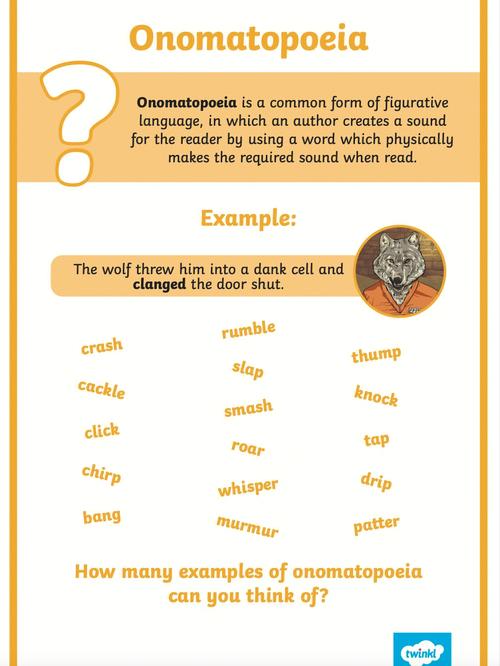
Have you ever found yourself on the edge of saying something that might cause a stir, but then you bite your tongue? This common phrase is not just a physical action; it’s a powerful piece of figurative language that carries deep emotional and social implications. Let’s delve into what “I bite my tongue” means, its origins, and how it’s used in various contexts.
Understanding the Phrase
“I bite my tongue” is an idiom that describes the act of holding back words that one might otherwise speak. It’s often used when someone is aware that their words could lead to a negative outcome, such as an argument or hurt feelings. The phrase implies a conscious decision to suppress one’s thoughts or feelings for the sake of maintaining peace or avoiding conflict.

Origins of the Phrase
The exact origin of the phrase “I bite my tongue” is not clear, but it’s believed to have its roots in the physical act of biting one’s tongue to prevent oneself from speaking. This could be due to embarrassment, fear of confrontation, or a desire to avoid causing offense. Over time, the phrase evolved into a metaphorical expression that represents the act of holding back words.
Using “I Bite My Tongue” in Different Contexts
Here are some examples of how “I bite my tongue” is used in different situations:
| Context | Example |
|---|---|
| Workplace | “I was about to tell my boss how inefficient the new system is, but I bit my tongue to avoid causing a scene.” |
| Family | “I wanted to say something about my sister’s spending habits, but I bit my tongue to keep the peace.” |
| Public Speaking | “I knew what I was about to say might be controversial, but I bit my tongue and chose to focus on the positive aspects of the issue.” |
These examples illustrate how “I bite my tongue” can be used in various settings to convey a sense of restraint or self-control. It’s a phrase that often reflects a person’s values, priorities, and social skills.
Emotional and Social Implications
Using “I bite my tongue” can have significant emotional and social implications. On one hand, it can show that a person is considerate and willing to put others’ feelings ahead of their own. This can be seen as a positive trait, as it demonstrates empathy and a desire to maintain harmony. On the other hand, biting one’s tongue too often can lead to internal frustration and bottled-up emotions, which may eventually surface in other ways.

Additionally, the phrase can be used to highlight the power of social norms and expectations. In many cultures, there is a strong emphasis on politeness and avoiding confrontation. “I bite my tongue” is a way of acknowledging the pressure to conform to these norms, even when it may not be in one’s best interest.
Conclusion
“I bite my tongue” is a versatile and powerful piece of figurative language that captures the complexity of human emotions and social interactions. Whether used to describe a moment of self-control or a reflection on the pressure to conform, the phrase serves as a reminder of the intricate dance we perform in our daily lives, balancing our own desires and the expectations of those around us.





